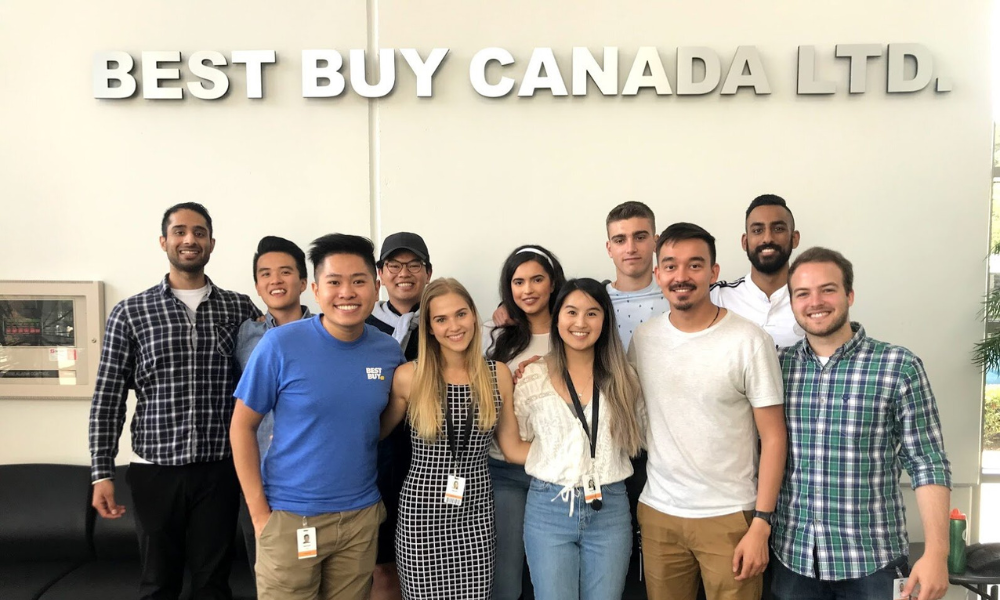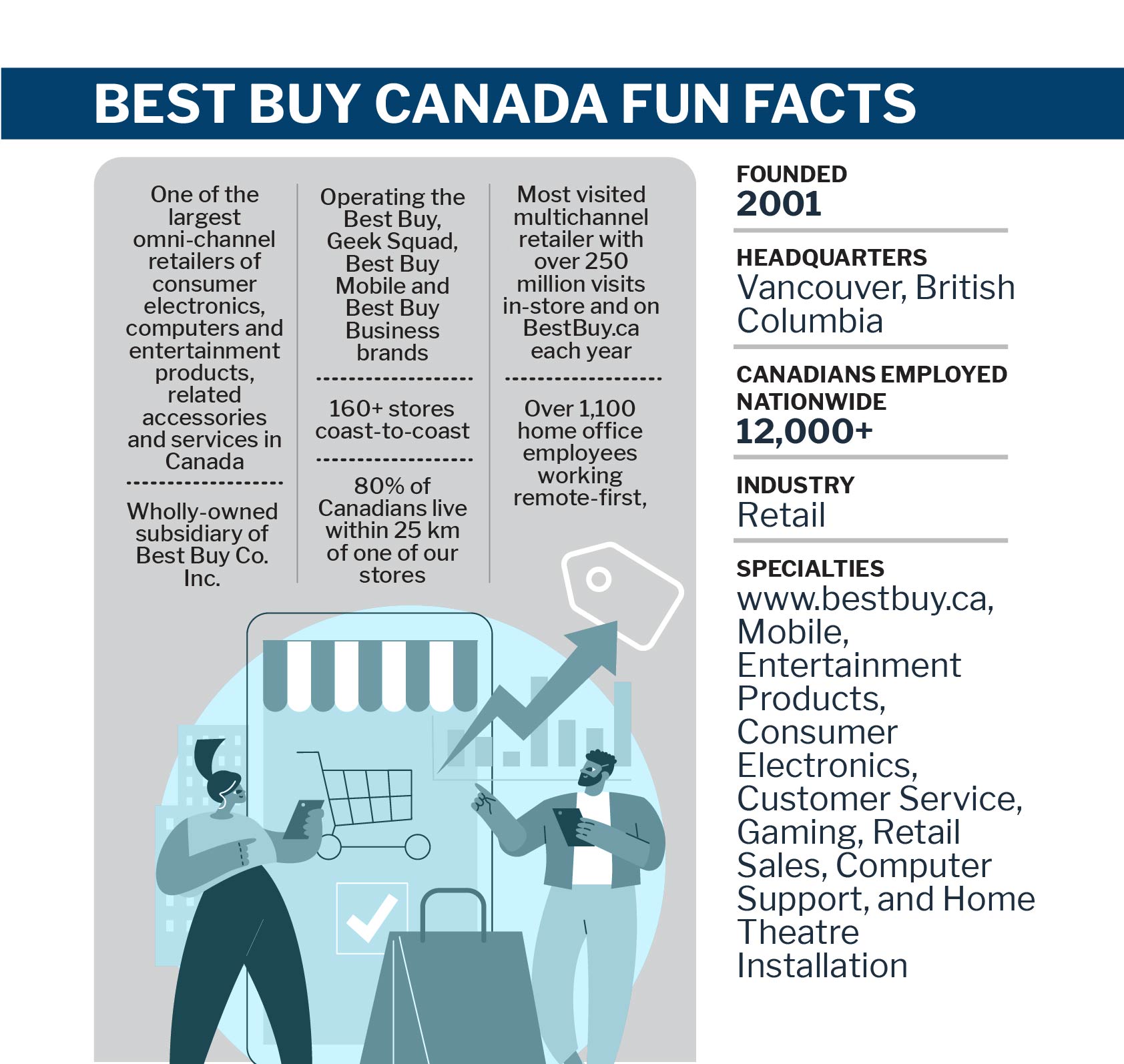
Best Buy Canada's health and safety lead on how AI is changing the way employees learn

As senior manager for health, safety, and wellness at Best Buy Canada, Nikhil Rattan is not just a name in the corporate echelon; he’s an advocate for transformative learning and training in the modern age.
Reflecting on his journey, Rattan credits mentors and supportive leaders in helping him achieve his career dreams.
“The early part of my career was in retail management, managing large teams and driving performance. It was here that I discovered my interest in the employee experience – or more specifically in the realms of training and development.”

Thanks to some good mentors at Best Buy Canada, Rattan had a great pathway open to him for pursuing a career in the health, safety and wellness space.
“And looking back, I can say having all that operational leadership experience prior to getting into the HR space, that's been really instrumental to my success. Being part of that HR family has been a very rewarding and fulfilling experience so far.”
But that’s not to say that HR’s role has been plain sailing – in fact, over the past few years, practitioners have been navigating some of the most complex organizational challenges around. Or, to be more specific, the pandemic.
In the retail world, the pandemic hit differently. COVID completely changed everything about the retail world – with employers constantly fretting for the health, safety and psychological wellbeing of their people. According to data from Retail Week, 84% of retail employees say the pandemic has damaged their mental health, with employees aged between 20 and 29 years old faring the worst.
At Best Buy Canada, in the post-pandemic era, they’re focusing on creating stellar training programs that drive a lot of internal impact, says Rattan.
“We’re also looking at learner retention,” he tells HRD. “Assessing how, in today’s social media age, employees digest all the information and how they retain it – because that’s a lot different than in the past. So, we’re really trying to find new ways to create a training experience that resonates with a large group of diverse individuals – and it’s a challenge.”
However, it’s this diverse workforce that’s the backbone of Best Buy Canada. According to Rattan, there are two elements at play here – cultural diversity and generational diversity.
“There’s often five different generations working in one environment,” he tells HRD. “And they each digest content and training in different ways. So, the questions become, how can HR make all of this work? When you cross over the job being performed with the generational experience, you have to speak both of those simultaneously within the training offered.
“I don’t necessarily think we’ve found the right spice yet, but we’re keeping at it.”
A lot of that dialogue revolves around AI – not just at Best Buy but in the learning space at large. The tech revolution, the rise of ChatGPT, the power of generative AI is continuing to push the boundaries of HR’s capabilities.
According to a report from Gartner, 48% of HR leaders are in the process of finalising their guidance on ChatGPT. However, three percent have issues with an outright ban on generative AI and 34% have yet to begin any sort of AI guidance at all. At Best Buy, however, they’re looking at the impact AI could have on their teams.
“With the pace of AI’s evolution, it’s almost burst open since December,” Rattan tells HRD. “As we now know, this work has been happening quite profoundly behind the scenes in leading tech organizations. Things like Copilot and ChatGPT – we’re trying to understand how you meaningfully connect AI with the great content out there to choose what you’re wanting to achieve.
“So, while you can create great content with AI, how does that then translate into meaningful user experiences? An experience that doesn’t feel automated but instead feels natural? Taking that tech and refining it will be a bit of a learning curve in terms of understanding that the content is accurate and that it actually resonates with people.”